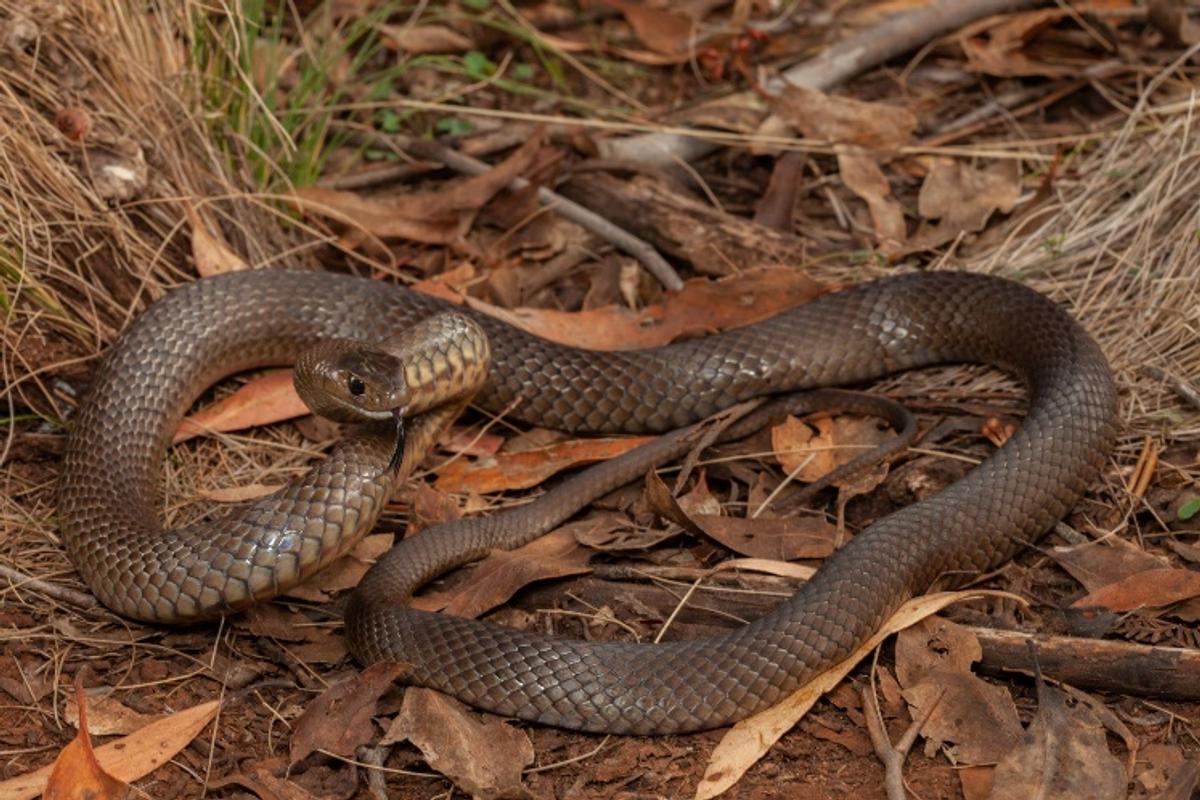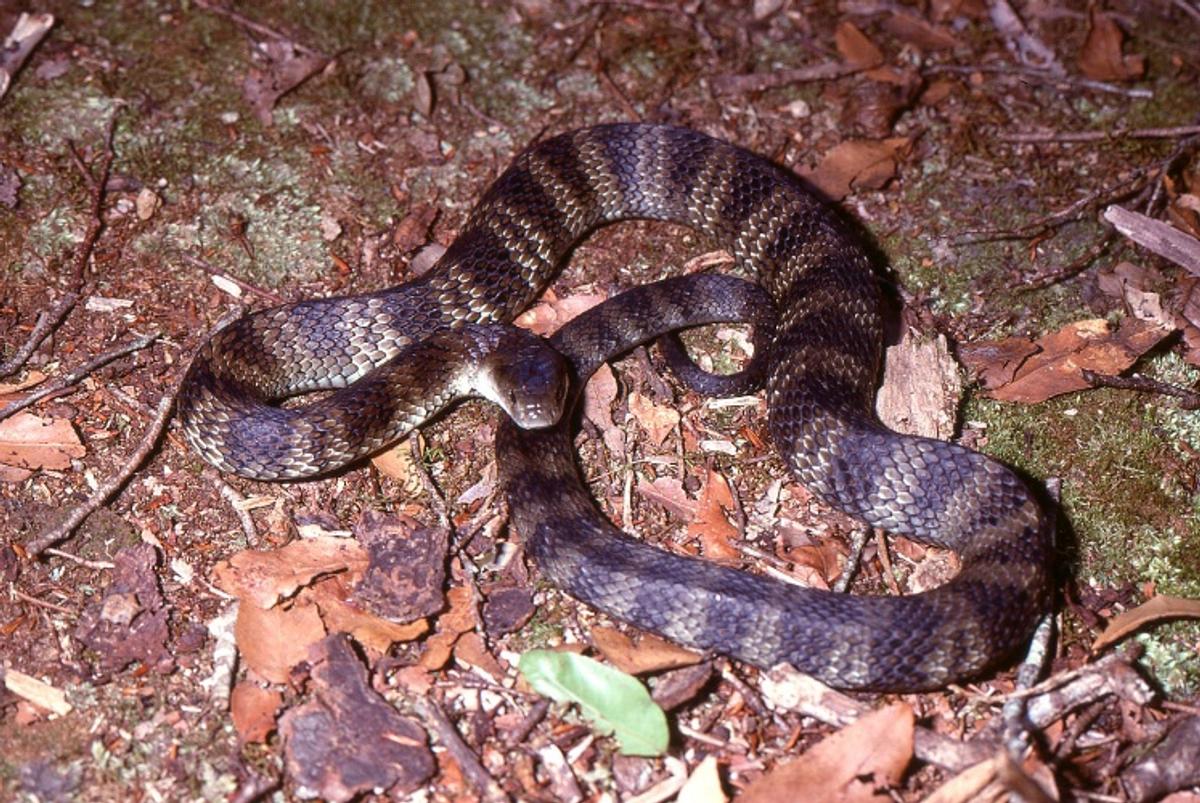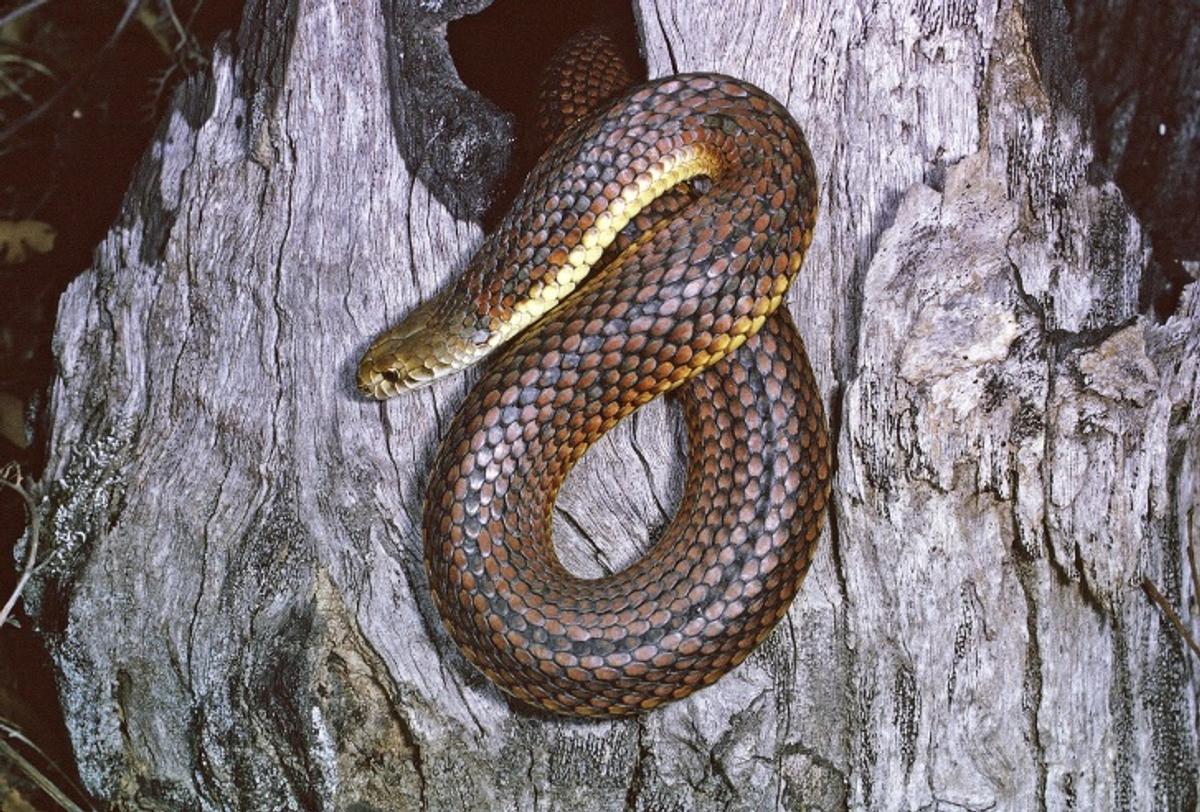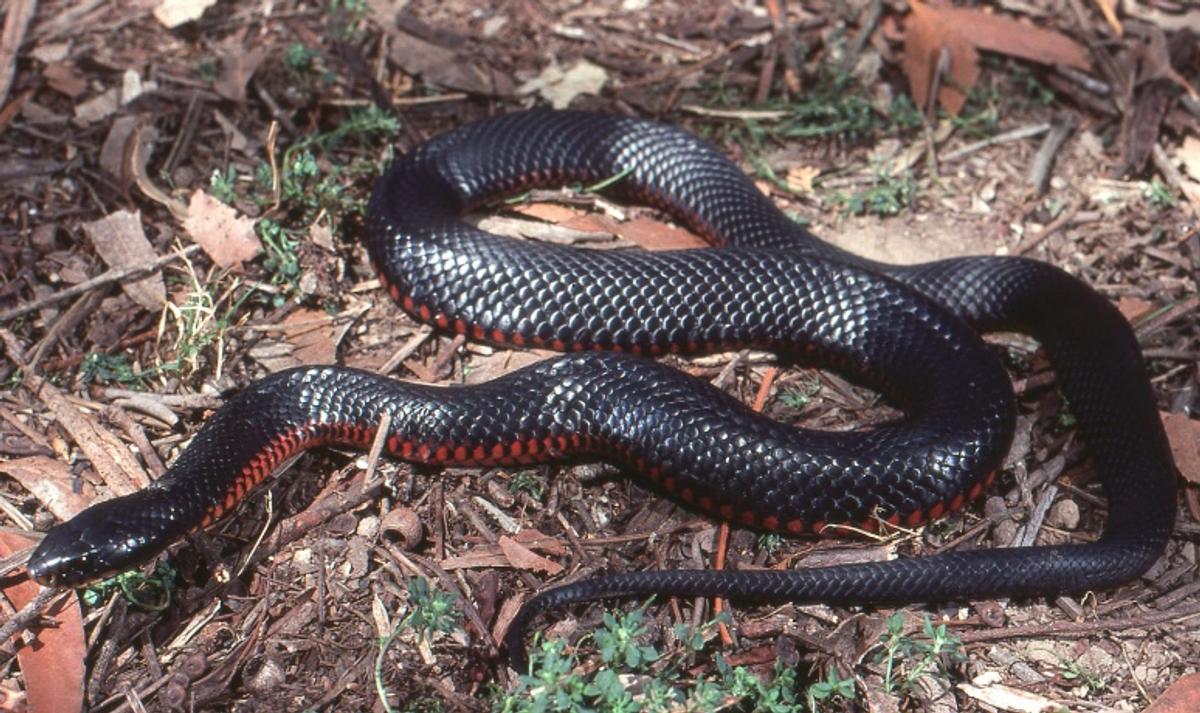Snake Awareness

The warmer months means that snakes are more active in our local areas. Snake sighting in the Wyndham area are rare, but do occur, especially around parks and near our creeks and waterways. We need to know what to do if we see a snake. Here are some facts about snakes and what to do if you see one.
Snakes play an essential role in maintaining a balanced food web within our natural ecosystems, as they are both predator and prey. They play a significant role in controlling populations of mice and rats.
The most common dangerous snakes in the Wyndham area are the Eastern Brown Snake and Tiger Snake. The Copperhead Snake and Red-Bellied Black Snake may also be seen in the area. These are all venomous and can be dangerous to people and pets if provoked.
Snakes like to hide in long grass, bushes and logs, but sometimes come out into open during the day. They are cold-blooded and need the warmth of the sun to warm their bodies, and may sometimes be seen on the grass, or on a path.
Snakes are a native animal and are protected under the Wildlife Act 1975. It is illegal to capture, harm or kill these protected species.
It’s important to remember that snakes are naturally shy animals, wary of predators including humans, cats and dogs. They will react defensively if cornered or caught off-guard.
What to do if you see a snake at school:
- Don’t go near it.
- Step away slowly and don’t let anyone else come close to it.
- Try to maintain sight of the snake.
- Tell a teacher or other staff member immediately where you saw it.
- They will alert the office and will call a professional snake catcher to move it away from the school.
What to do if you find a snake at home:
- Watch it from a safe distance and do not touch the snake.
- Safely remove any people or pets from the area where the snake is.
- If the snake is visible, a qualified professional snake catcher engaged by Wyndham City can attend and remove the snake from the residential property. This service is free of charge to residents and can be accessed by phoning 1300 023 411.
Steps to avoid snake bites to you and your pets:
- Keep grass and vegetation on your property short and tidy.
- Do not have piles of wood, tin or tiles near the house.
- Wear sensible clothing when outdoors – closed toe shoes, socks and jeans are usually adequate.
- Never reach into or under hollows, logs or thick grass without looking first.
- Stay on footpaths when enjoying Wyndham’s natural areas and open spaces.
- Watch where you are walking and supervise young children and pets.
- Keep cats indoors.
- While out walking your dog, keep them on a lead.
- Don’t allow pets to explore long grass or dig in groundcover.
If you are bitten by a snake, try to identify the type of snake, and call 000 immediately.
If your pet is bitten by a snake, try to identify the type of snake, and seek immediate veterinarian assistance.
For more information about snake safety in the Wyndham City council, visit this link:
Eastern Brown Snake Eastern Tiger Snake
Copperhead Snake Red-bellied Black Snake
Images thanks to The Australian Museum native animal factsheets Animal factsheets - The Australian Museum




